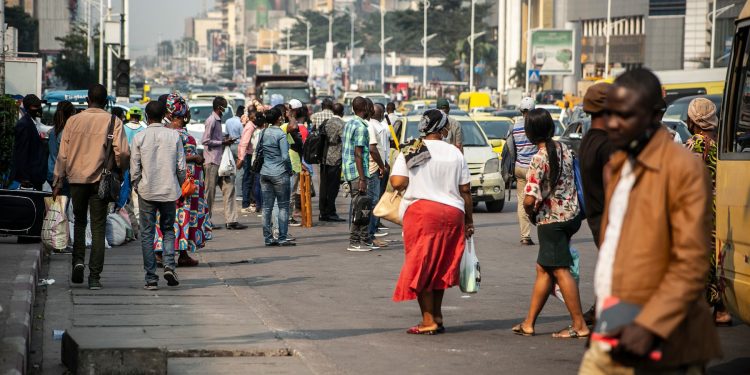Ghana’s annual inflation rate surged for the 16th consecutive month to 37.2% in September of 2022, from 33.9% in August 2022.
Government Statistician Samuel Kobina Annim disclosed this while stating that Ghana will be changed the reference year from 2018 to 2021 and will update historical figures.
Ghana’s central bank raised its main lending rate by a further 250 basis points, taking it to a five-year high of 24.5%, saying inflation remained high and risks were on the upside. However, this hasn’t been an effort to slow down inflation.
Ghana’s financial situation has gotten worse because of the macroeconomic uncertainties brought on by the Russian-Ukrainian war and its inability to access the global debt financing market.
Global rating agencies reduced the country’s issuer default rating as its bond advances nearing junk ratings. However, the International Monetary Fund (IMF) is negotiating with the government for a lifeline to bolster its government finances.
If the current evaluation determines that Ghana’s debt levels are unsustainable, the government will need to take action to restructure its debt for it to qualify for IMF assistance. Lending to countries with unmanageable debts is restricted, according to the Fund, until those countries take steps to restore their financial sustainability, which may include debt restructuring.
Ghana’s economy grew by 4.8% in the second quarter of 2022, an uptick from the 3.4% recorded in the first quarter of 2022. The appreciable growth rate was driven by manufacturing (8.8%), crops and cocoa (4.5%), mining and quarrying (4.4%), information and communication (12.4%) as well as the education sub-sectors (13.2%).
Ghana is battling with multiple issues, including fiscal slippage, a high debt profile with attendant service costs and a worsening price level that has affected costs and standard of living. The Ghanaian cedi has lost 72% of its value against the US dollar since the start of the year.











